Vietnam’s agriculture sector is undergoing a significant transformation, shifting from basic production to a market-oriented and export-driven approach. Agricultural export situation for the 2025–2026 period is expected to continue facing both promising opportunities and emerging challenges. Let’s explore the opportunities and challenges of Vietnam’s agricultural exports in 2025–2026 together with Viot Minh Trang.
Agricultural export situation in Early 2025
The first months of 2025 show that Vietnam’s agricultural exports have continued their positive growth momentum, building on the successes of 2024. The export value of agricultural, forestry, and fishery products has remained high, reaffirming the sector’s role as a pillar of the national economy. Specifically, in the first quarter of 2025, Vietnam’s total export turnover for agriculture, forestry, and fishery products is estimated at approximately USD 14.5 billion, an increase of 18.5% compared to the same period in 2024.
Key commodities such as coffee, rice, and fruits and vegetables remain bright spots, contributing significantly to the overall export value.
- Coffee exports reached around USD 1.5 billion, up 30% in value.
- Fruits and vegetables brought in approximately USD 1.8 billion, increasing by 25% due to market expansion and a boost in official export channels.
- Rice maintained its strong position with export revenue of about USD 1.2 billion, continuing steady growth.
However, increasing competition and technical barriers from demanding import markets remain key concerns. These challenges require Vietnamese businesses to continuously improve their competitiveness and meet increasingly strict agricultural export requirements.
Key Agricultural Products and Price Trends for 2025–2026
During the 2025–2026 period, the following agricultural products are expected to remain the main drivers of Vietnam’s agricultural export growth:
Coffee
Vietnam is expected to maintain its leading global position in Robusta coffee production while continuing to increase value through the development of specialty coffee. Global coffee prices are forecast to remain high due to climate change affecting supply and rising global consumption demand. To capitalize on this trend, Vietnam should focus on obtaining sustainability certifications (such as Rainforest Alliance, UTZ Certified) and investing in deep processing to enhance product value.

Coffee
Rice
Vietnamese rice is expected to continue strengthening its position in the global market, particularly with fragrant and high-quality rice varieties. Rice prices may remain stable or experience a slight increase due to global food security concerns and the impact of climate change on food production in many regions.
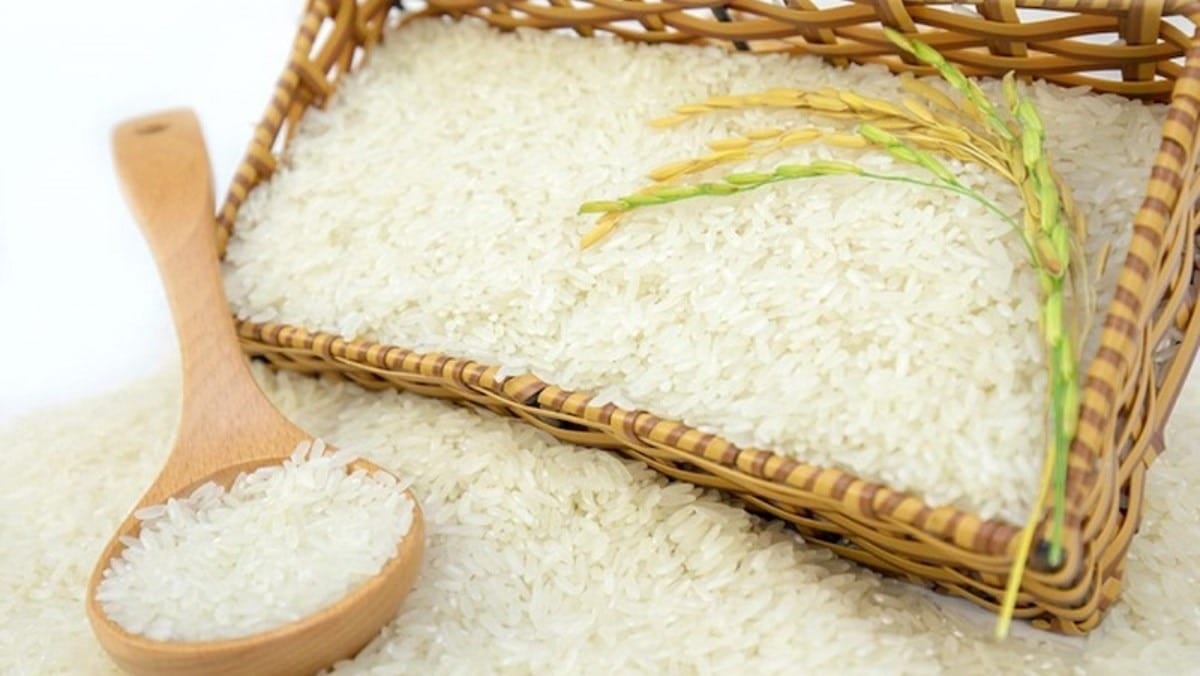
Rice
Fruits Vegetables
Fruit and vegetable exports are expected to continue strong growth, with greater product diversification into processed forms such as dried, semi-dried, and frozen goods, as well as increased official exports of fresh fruit.
Key export items will remain durian, dragon fruit, jackfruit, longan, and lychee—especially to the Chinese market—with expansion into high-standard markets such as the EU, Japan, and the United States.
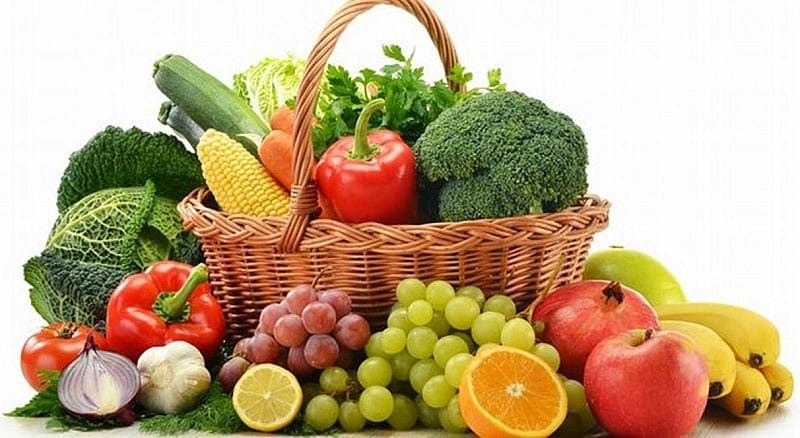
Fruits Vegetables
Cashew Nuts and Pepper
These two commodities are forecast to recover and see price stabilization. Vietnam needs to focus on deep processing, improving quality, and building strong branding to maintain its leading export position and compete in the high-value market segment.
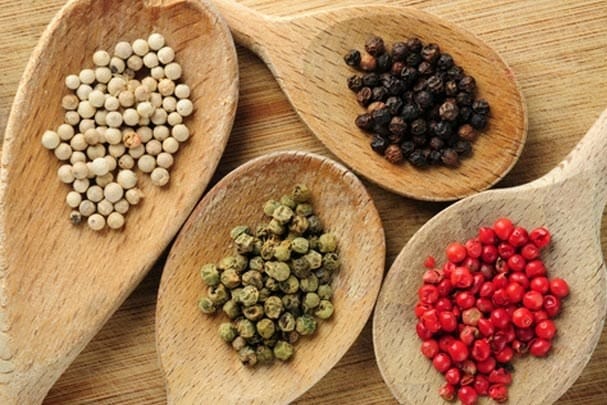
Cashew Nuts and Pepper
Seafood
Seafood remains a key export product but will face numerous challenges related to technical barriers—such as the EU’s IUU yellow card—and sustainability
demands from import markets. A strong focus on sustainable aquaculture and traceability will be critical to maintaining and expanding market access.
 Seafood
Seafood
See now:
Export Packaging Specifications – A Key Factor for Success in the Global Market
Key Export Markets
During the 2025–2026 period, the following markets will continue to play an important role in Vietnam’s agricultural export landscape:
China
China remains Vietnam’s largest agricultural export market. Export activities will increasingly shift toward official channels, requiring businesses to strictly comply with China’s regulations on plantation area codes, packing facilities, and phytosanitary standards.
United States
The U.S. is a high-potential but highly demanding market regarding agricultural export standards. Businesses must pay special attention to regulations from the FDA (FSMA, FSVP, Produce Safety Rule), USDA (APHIS plant quarantine, NOP organic standards), as well as labeling and traceability requirements. Deep-processed, high-value-added products will have a competitive advantage in this market.

United States
EU
Vietnam will continue to leverage the EU–Vietnam Free Trade Agreement (EVFTA) to boost the export of key agricultural products. This market places strong emphasis on organic, sustainable products with international quality certifications.

EU
Japan and South Korea
These are stable markets but have very high requirements for quality, food safety, and quarantine. Meeting these strict standards is essential for maintaining and expanding market share.
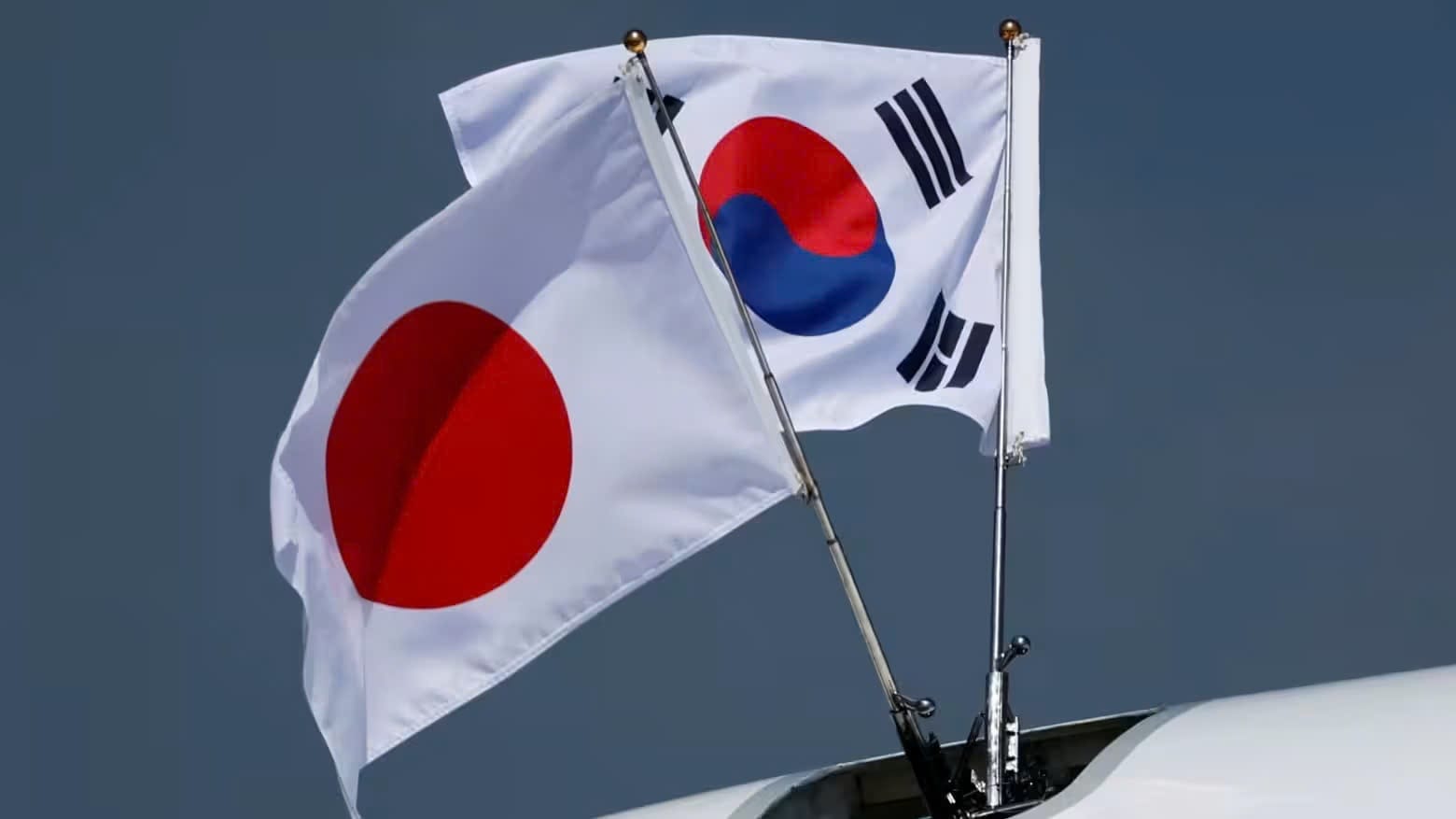
Japan and South Korea
ASEAN and Emerging Markets
Countries within the ASEAN bloc and several emerging markets in the Middle East and Africa present promising export destinations, helping diversify markets and reduce the risks of overdependence.
See now:
Agricultural Export Opportunities – A Growth Engine for Vietnam’s Agriculture
Challenges and Risks in 2025–2026
In addition to market expansion opportunities, Vietnam’s agricultural export sector will face numerous significant challenges and risks during the 2025–2026 period. These factors require agricultural exporters—and the Vietnamese agricultural sector as a whole—to adopt flexible and sustainable response strategies.
1. Increasing Technical Barriers and Higher Standards
Key import markets—especially demanding ones such as the United States, the European Union (EU), Japan, and South Korea—will continue to tighten their agricultural import conditions and technical barriers to protect consumers and local industries.
- Food Safety and Phytosanitary Requirements:
Regulations on pesticide residues (MRLs), heavy metals, pathogenic microorganisms (such as Salmonella and E. coli), and mycotoxins (especially Aflatoxin in dried products) are becoming increasingly stringent.
For example, compliance with the U.S. FDA’s Food Safety Modernization Act (FSMA), particularly the Foreign Supplier Verification Program (FSVP), poses a significant challenge for many small and medium-sized enterprises. - Traceability:
Requirements for end-to-end traceability—from farm to table—are becoming more common and more detailed. This necessitates robust and transparent data management systems throughout the entire supply chain. - Green and Sustainable Standards:
Developed markets are gradually introducing regulations related to sustainable production, carbon emission reduction, efficient water usage, and biodiversity protection. Failure to meet these standards not only creates market access barriers but may also damage the reputation and long-term competitiveness of Vietnamese agricultural products.
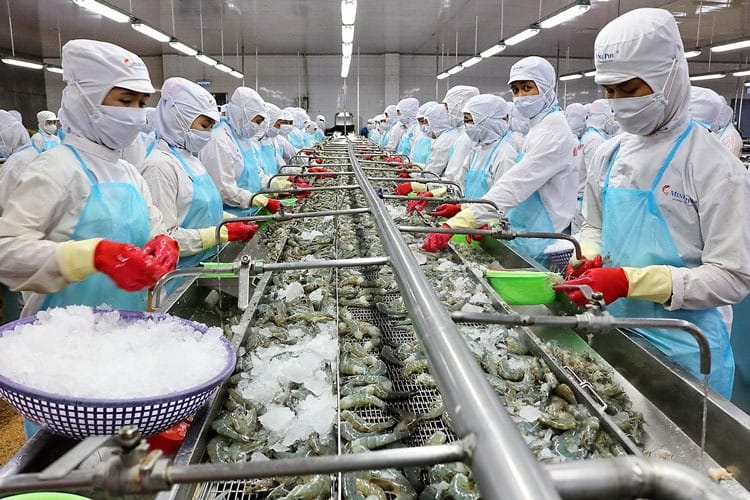
Rising Technical Barriers and Increasingly Strict Standards
2. Impact of Climate Change
Climate change is one of the most significant and unpredictable challenges facing Vietnam’s agricultural sector in the coming years.
- Natural Disasters and Extreme Weather:
Extreme weather events—such as prolonged droughts, severe floods, major storms, and saltwater intrusion (especially in the Mekong Delta)—are expected to occur more frequently and with greater intensity. These events directly impact crop yield, quality, and growing seasons, making it difficult to maintain a stable supply and fulfill large and continuous export orders.
- Pests and Crop Diseases:
Climate change also creates favorable conditions for the emergence and spread of new pests and diseases, leading to higher prevention and control costs. If not managed effectively, these can negatively affect the quality of agricultural products.
- Changes in Farming Cycles:
Farmers will be forced to adapt their cultivation cycles and select crop varieties that are resilient to new conditions. This transition requires significant time, research, and investment.
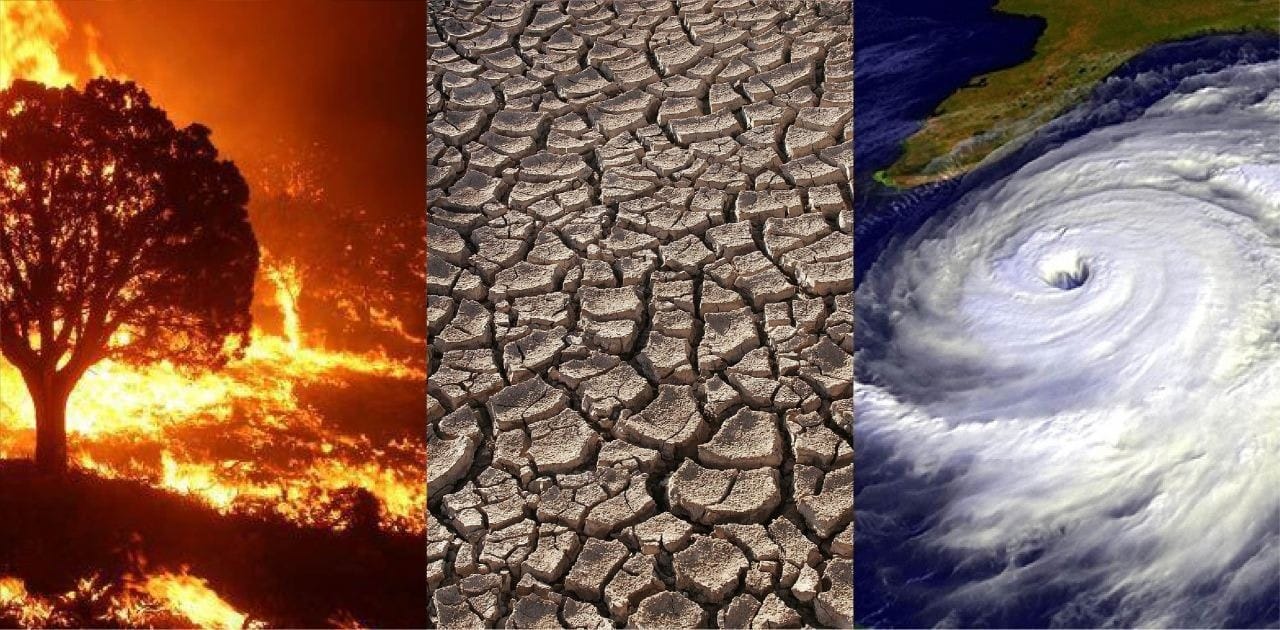
Impact of Climate Change
3. Price Fluctuations and Global Market Volatility
Global agricultural commodity prices can be influenced by numerous complex and uncontrollable factors, creating significant risks for Vietnamese agricultural export businesses.
- Geopolitical Factors: Geopolitical tensions, armed conflicts, or regional crises can disrupt supply chains, affect energy prices and transportation costs, thereby driving up agricultural prices or reducing global demand.
- Trade Policies: Agricultural protectionist policies by major countries, the implementation of non-tariff measures, or changes in subsidy policies can distort the market and create disadvantages for Vietnamese agricultural products.
- Supply and Demand Conditions: Fluctuations in supply and demand—caused by production levels in other major exporting countries (such as Brazil, Thailand, and India) or shifts in global consumer preferences—can directly affect the selling price and profitability of Vietnamese agricultural products.
- Inflation and Exchange Rates:Global inflation and fluctuations in exchange rates can impact the profit margins of export businesses and the purchasing power of import markets.

Price Fluctuations and Global Market Volatility
4. Intensifying Competition
Vietnam’s agricultural sector will face increasing competition from other agricultural-exporting countries both in the region and globally.
- Traditional Competitors:
Countries such as Thailand, India, Brazil, and Ecuador (for fruits and coffee) have long-standing experience, well-developed logistics systems, and often enjoy advantages in production scale or government support policies.
- Substitute Products:
Advances in food technology, the rise of plant-based alternatives, and the introduction of new crop varieties may reduce global demand for some of Vietnam’s traditional agricultural exports.
- Brand Building:
Many countries have heavily invested in building national brands for their agricultural products, gaining a competitive edge through added value and consumer trust. Vietnam needs to strengthen efforts in building and promoting the national brand for its agricultural products.
5. Logistics and Transportation Costs
Logistics and international transportation costs may continue to fluctuate, significantly affecting the pricing and profitability of agricultural exports—especially for perishable and fresh products.
- Fuel Prices:
Global fluctuations in oil and fuel prices have a direct impact on sea and air freight costs.
- Supply Chain Disruptions:
Geopolitical events, natural disasters, or infrastructure issues can lead to port and airport congestion, increasing warehousing and demurrage fees, and extending delivery times. This is particularly detrimental to the export of fresh chili and other perishable fruits and vegetables.
- Container/Equipment Shortages:
A shortage of refrigerated containers or specialized transport vehicles can drive up costs, especially during peak seasons or in response to sudden market shocks.

Logistics and Transportation Costs
6. Trade Promotion and Market Access Expansion
Expanding and maintaining markets for Vietnamese agricultural products requires a more proactive and flexible approach to trade promotion and international negotiations.
- Market Access Negotiations:
Gaining entry into new markets or expanding quotas for key agricultural products—especially fresh fruits and processed goods—demands intensified efforts in both bilateral and multilateral negotiations. This process often requires considerable time and resources. - Effective Trade Promotion:
Trade promotion programs need to be modernized, focusing on building compelling brand stories and highlighting the quality and uniqueness of Vietnamese agricultural products. Participation in international trade fairs, supply-demand connection events, and the use of digital technology for promotion are essential. - Shifting Consumer Preferences:
Global consumer tastes and demands are evolving rapidly, requiring businesses to continually research, innovate, and adapt their products and market strategies with agility.
See now:
Conditions For Exporting Agricultural Products – A Prerequisite for Accessing the Global Market
Key Agricultural Export Products and the Role of Viot Minh Trang in 2025–2026
In the face of a volatile agricultural export landscape, focusing on key products and enhancing value is a crucial strategy. Viot Minh Trang is proud to be a pioneer contributing to the sustainable development of Vietnamese agriculture in the international market.
Viot Minh Trang specializes in providing high-quality, safe agricultural products—especially value-added items such as soft-dried fruits, dehydrated vegetables, and other processed goods. We make significant investments in modern drying technologies such as cold drying and convective circulation drying to ensure that our products retain their natural color, flavor, and nutritional content, fully meeting export standards for the U.S. and other demanding markets.
With a strictly controlled raw material sourcing system and internationally certified processing facilities (ISO 22000, HACCP, GMP, Halal), Viot Minh Trang guarantees compliance with the most stringent agricultural export requirements. Our products undergo regular inspections to meet pesticide residue limits and food safety standards as regulated by the U.S. FDA and the European Union.
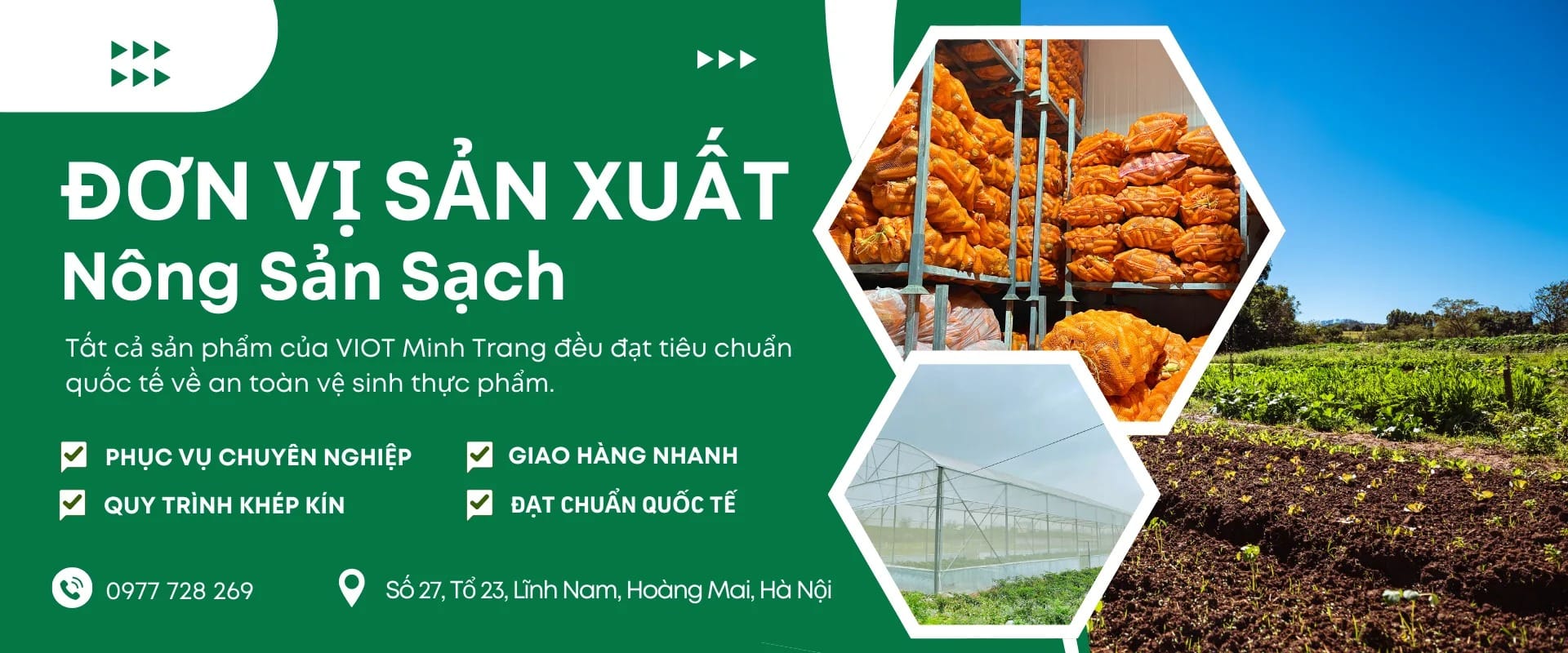
With extensive experience in exporting agricultural products to the U.S. and the capacity to supply large volumes with consistent quality, Viot Minh Trang confidently positions itself as a trusted partner—contributing to the added value and global standing of Vietnamese agricultural products.
The agricultural export outlook for Vietnam in the 2025–2026 period promises many opportunities but is also accompanied by significant challenges. To succeed, businesses must proactively enhance product quality, meet stringent export requirements and standards for markets like the United States, and continually innovate in technology and diversify their market reach.
Thanks to the dedication of enterprises like Viot Minh Trang, Vietnamese agriculture will continue to assert its position and reach further on the global agricultural map.





Tác giả Tưởng Mạnh Biên
Là chuyên gia giàu kinh nghiệm trong lĩnh vực xuất khẩu nông sản. Với nhiều năm làm việc, nghiên cứu và trực tiếp tham gia vào các hoạt động sản xuất, kinh doanh và xuất khẩu nông sản, tác giả chia sẻ những kiến thức chuyên môn sâu sắc cùng các bài học thực tiễn giá trị nhằm hỗ trợ doanh nghiệp.
- Địa chỉ: Số 27, Tổ 23, Lĩnh Nam, Hoàng Mai, Hà Nội
- Email: viotvietnam.vn@gmail.com
- SĐT: 0977 728 269